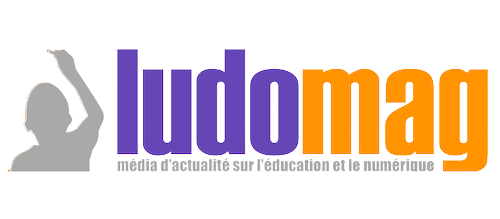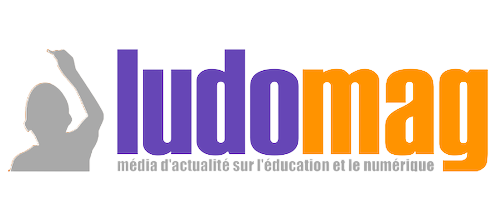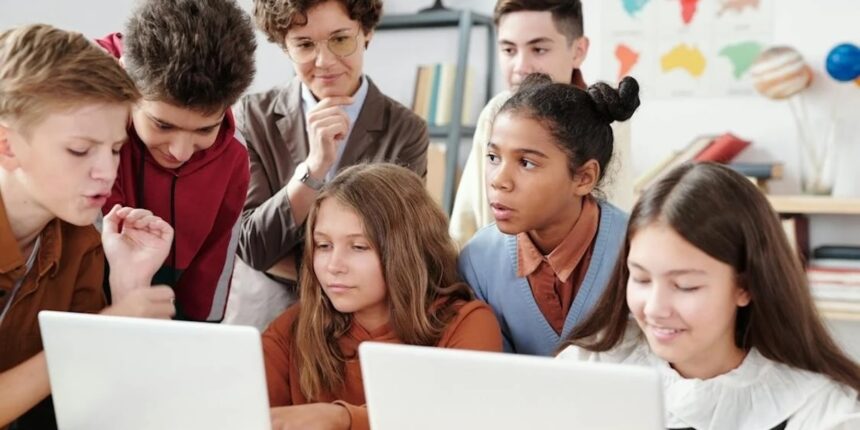Maximizing the efficiency of teaching and learning in an increasingly digital world. How can digital media be wisely used to enrich the educational experience without compromising essential aspects of traditional learning?
How can we ensure that the use of digital technologies genuinely promotes student engagement, understanding of concepts, and academic success?
Can we overcome the following challenges: digital distraction, technological dependence, and often unequal access to resources for a balanced and inclusive use of digital media in the classroom?
How can we create a dynamic, adaptive, and effective learning environment that prepares students for the challenges of the 21st century?
The Contribution of Digital Media
The integration of digital media in education offers a variety of tools and resources to enrich student learning. Among these technologies are: interactive whiteboards (IWBs), educational apps, online learning platforms, multimedia creation software, simulators and educational games, educational podcasts, online forums and social networks, educational videos, and interactive presentations.
These technologies offer significant potential to personalize learning, encourage creativity, and prepare students with the skills needed in today’s digital world. Therefore, digital media offers considerable potential to transform education and adequately prepare students to succeed in a constantly evolving world.
Relation to the Theme of the Edition
In the current digital era, teachers are increasingly incorporating digital technologies into their daily teaching practices to enhance the learning experience for students. Hence, the growing importance of digital media in education and the necessity for teachers to adapt to this new learning environment.
Summary and Contribution of Classroom Feedback
Using digital media in French classes is a crucial step in evaluating their pedagogical effectiveness.
By analyzing feedback from students and parents and observing the results obtained, I can adjust my teaching strategies to better meet the specific needs of my students. This allows me to create a dynamic, stimulating, and authentic learning environment that promotes the acquisition and mastery of the language by students.
Also, measuring the impact of digital media on student engagement, their understanding of literary texts, their ability to express themselves in writing and orally, and their creativity. It is an opportunity to identify the most effective and relevant digital tools and resources to enrich French teaching.
In short, synthesizing classroom feedback on the use of digital media allows for optimizing their integration into teaching, while fostering the continuous improvement of teaching practices.
On the occasion of the 21st edition of Ludovia’s summer university, many teachers and other members of the educational community will present their experiences with digital media on this year’s theme, « The Everyday Use of Digital Media in the Classroom and Schools. » Ludomag aims to give you a preview of these workshops until the event begins on Monday, August 26.
Narjiss Aoukach will present the workshop « Maximizing the Impact of Digital Media in the Classroom » in SESSION IV: DIGITAL & EVERYDAY LIFE: A CULTURAL AND SOCIETAL CHALLENGE? on Wednesday afternoon, August 28.
More information: www.ludovia.fr








